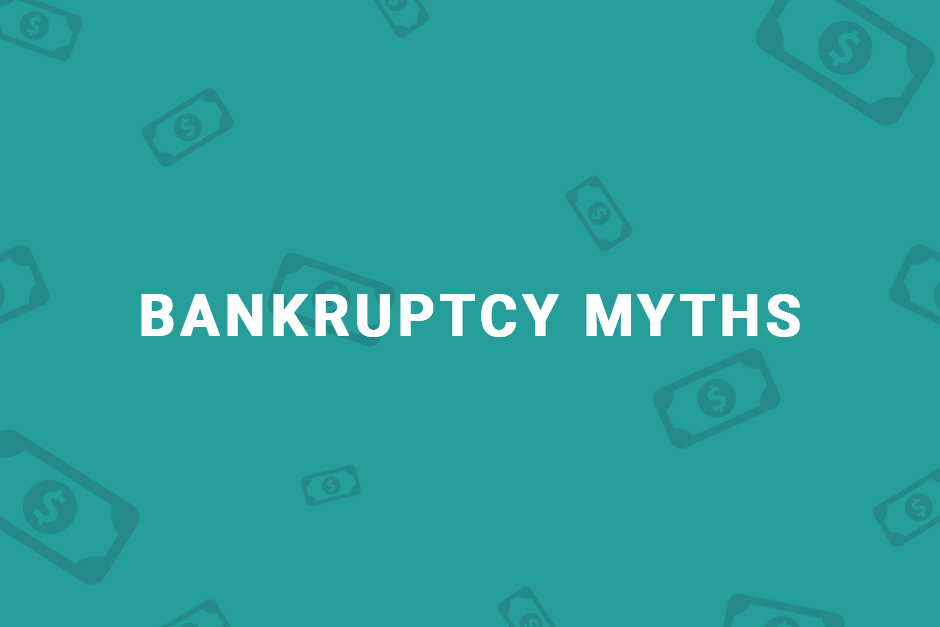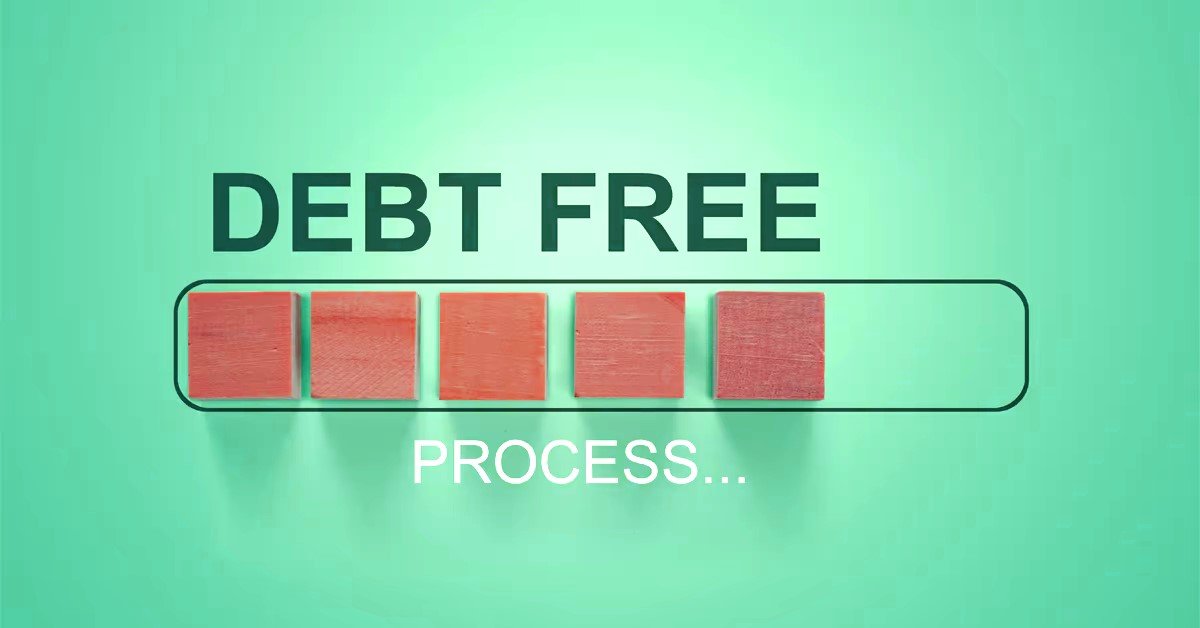12 Best Tips for Planning for an Unknown Financial Future

Planning for an unknown financial future can be a daunting task, especially given the uncertainty that comes with life. However, it is essential to prepare and strategize to ensure that you have a stable financial future regardless of any potential uncertainties. Here are seven best tips for planning for an unknown financial future.
Following are 12 Best Tips for Unknown Financial Future
Establish an Emergency Fund:
The first step to planning for an unknown financial future is to establish an emergency fund. This fund is essentially a safety net that you can fall back on in case of any unexpected financial emergencies. The emergency fund should have enough money to cover at least three to six months of your living expenses.
Read More: The Pros and Cons of Bundling Your Insurance Policies in 2023
Set Realistic Financial Goals:

Setting realistic financial goals is crucial for planning for an unknown financial future. These goals should be specific, measurable, achievable, relevant, and time-bound. For example, you can set a goal to save a specific amount of money every month towards a down payment for a house or to pay off your debt within a specific time frame.
Diversify Your Income Sources:
Diversifying your income sources can help you plan for an unknown financial future. This means that you should have multiple streams of income from different sources. For instance, you can have a full-time job and a side hustle or investment income.
Invest in Retirement:
Investing in retirement is crucial for planning for an unknown financial future. You should ensure that you have a retirement plan in place and that you are contributing to it regularly. This will help you to secure your financial future and ensure that you have enough money to live comfortably in retirement.
Review and Adjust Your Budget:
Reviewing and adjusting your budget regularly is essential for planning for an unknown financial future. You should track your spending and income regularly to ensure that you are sticking to your financial goals. If you find that you are overspending in some areas, you can adjust your budget to accommodate the changes.
Reduce Your Debt:
Reducing your debt is crucial for planning for an unknown financial future. You should develop a plan to pay off your debt as soon as possible. This will help you to save money on interest and improve your credit score, which can make it easier to secure loans and credit in the future.
Consult a Financial Advisor:
Consulting a financial advisor can help you plan for an unknown financial future. A financial advisor can help you to identify your financial goals and develop a plan to achieve them. They can also help you to make informed decisions about investments, retirement planning, and other financial matters.
Maintain Good Credit:
Maintaining good credit is crucial for planning for an unknown financial future. Having a good credit score can help you secure loans and credit cards with lower interest rates, which can save you money in the long run.
Read More: How Business Law Can Best Assist in Contract Formation [Ultimate Guide 2023]
Stay Informed:
Staying informed about the economy, financial news, and changes in laws and regulations can help you plan for an unknown financial future. This can help you make informed decisions about your finances and adjust your plans accordingly.
Save for Major Expenses:
Saving for major expenses, such as a down payment on a home, a new car, or a vacation, can help you plan for an unknown financial future. By saving in advance, you can avoid taking on too much debt and reduce your financial stress.
Plan for Health Care Expenses:

Health care expenses can be a significant burden on your finances, especially as you get older. Planning for health care expenses, such as setting up a health savings account (HSA) or purchasing long-term care insurance, can help you prepare for these costs.
Develop a Long-Term Investment Strategy:
Developing a long-term investment strategy can help you plan for an unknown financial future. This strategy should take into account your risk tolerance, time horizon, and financial goals. Investing in a diverse portfolio of stocks, bonds, and other assets can help you build wealth over time.
Bottom line
In summary, planning for an unknown financial future requires careful consideration and proactive action. By following these tips, you can prepare yourself financially for any uncertainties that may arise. Remember, it’s never too late to start planning and taking steps towards a more secure financial future.








6 Comments